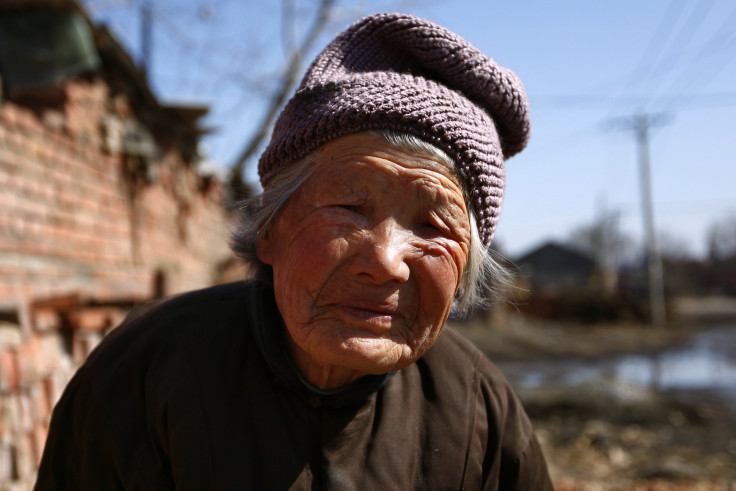China's Proposed Inheritance Tax Meets With Widespread Disapproval

More middle-class Chinese families might consider emigrating soon if China’s proposed inheritance tax law is passed and estates as low as 800,000 yuan ($130,687) become taxable.
The low cutoff aside, many fear that without a well-developed social welfare system, the revenue will go straight from the pockets of the masses into the pockets of a few, essentially becoming a new mechanism for enriching the bureaucracy.
The tax has been discussed since 2004, but news over the weekend that it may officially be on the State Council’s agenda sparked a heated debate online and off.
According to a draft of the law from 2010, exclusion starts at 800,000 yuan with rates ranging from 20 to 50 percent, according to the Offbeat China. Under the proposal, a 5 million yuan inheritance will cost the beneficiary 840,000 yuan, while 10 million and 30 million yuan inheritances will be cost 2.09 million and 10.34 million yuan respectively, according to government calculations.
The problem with the tax is that the cutoff would effectively include most middle-class families, especially if their inheritance includes an urban home of any size. At current housing prices, 800,000 yuan is the equivalent of about 30 square meters (332 square feet), and those prices are expected to keep soaring. What’s worse is that in China, one does not purchase ownership of a home, but merely the right to live in the home for a number of years, 70 being the longest, since everything in the nation is technically “collectively owned.”
A CCTV reporter using his Weibo handle @ 笑看天下abc offered a humorous if bleak scenario for the typical middle-class family under this proposed law:
“A hardworking couple, with the help of both sets of their parents and a 30-year mortgage, finally bought a house. After 30 years, the mortgage is paid off, and after another 30 years, the couple passes away, and their child inherits the house. The house is worth millions on the market, which means tens of thousands in inheritance tax. After working hard for eight years, the child finally pays off the tax and inherits the house – and after two more years, the house’s 70-year-long right is over.”
It’s not surprising that most would find the tax unfair. A poll of China’s elderly found that 70 percent believe the cutoff amount should be at least 10 million yuan, and about half believe it should be between 10 and 20 million yuan, according to statistics from the China Will Bank, a charitable organization that helps senior citizens in drawing up legally binding wills for free, reported the Southern China Morning Post.
The tax is nominally a way to close China’s widening gap between the rich and the poor, subsidize local governments’ astronomical debts, and to improve social mobility, but the cutoff is too low to hit the truly rich.
“If government collects inheritance tax starting from 800,000 yuan, it won’t be an adjustment of income distribution, but grabbing people’s wealth,” said a commentary from the Beijing News. In comparison, the U.S. sets its inheritance threshold at $5 million.
Netizens are also voicing concern that there will be little transparency in how the government will record and spend the tax, in the absence of a developed social welfare system. A hasty implementation of the tax without first putting in place a framework that eases the people’s minds, argued journalist and Weibo user @郭光东, could trigger a new peak of Chinese emigration, according to the Offbeat China.
“The reason for emigration is no longer just abstract ideals of freedom and safety,” 郭光东 wrote. “It’s rather middle-class families’ concrete concern of being robbed of their properties.”
© Copyright IBTimes 2024. All rights reserved.





















